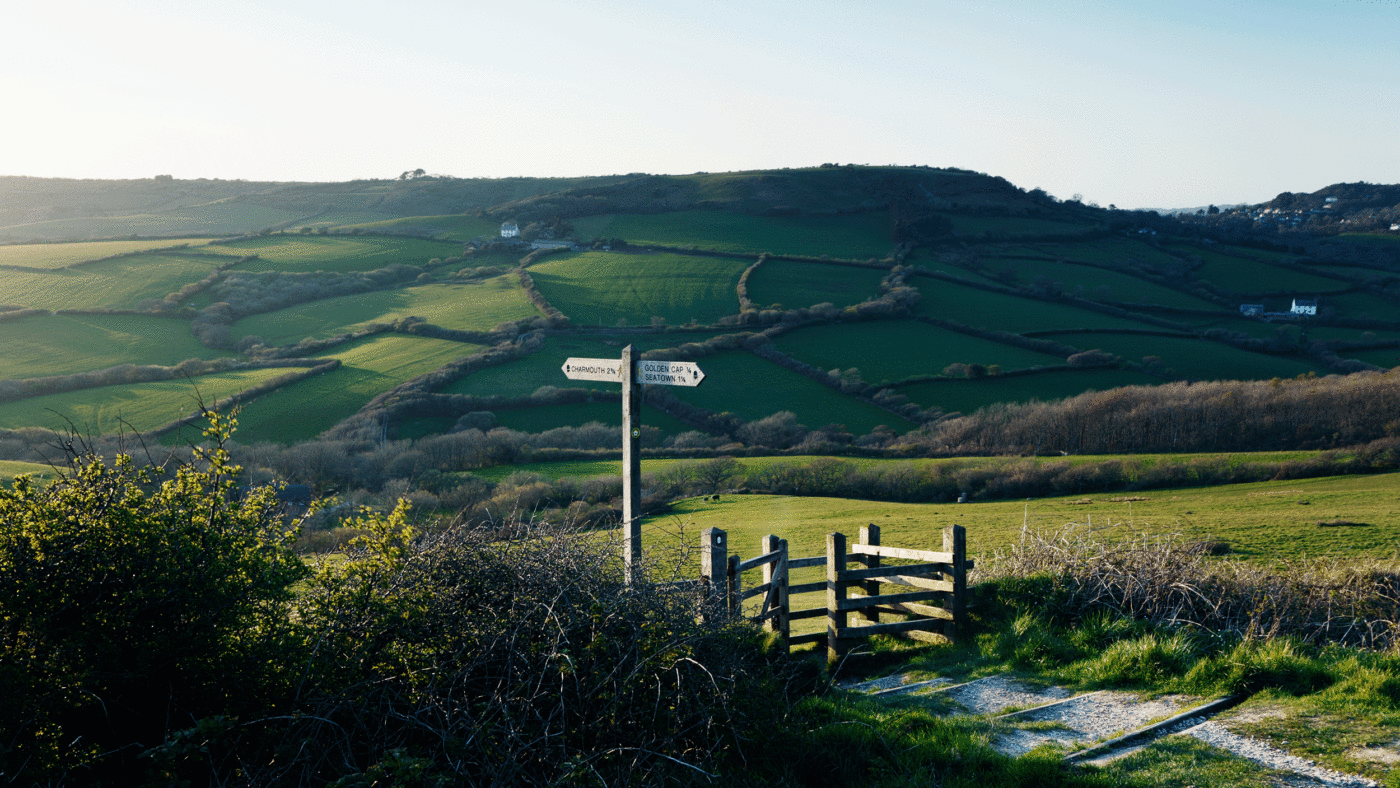For Conservatives, perhaps the most surprising – and worrying – takeaway from the recent local elections was the drastic loss of support in their true-blue, rural heartland areas. North Yorkshire, for instance, saw the Conservatives’ share of the vote slashed from 76% to just 52%.
For anyone familiar with the frustrations of rural communities, these results were hardly unexpected. Our recent opinion poll, published just weeks before the local elections, found that the Conservative vote in rural areas had collapsed, putting them virtually neck and neck with Labour in the 5 most rural counties in England and Wales. The stage was already set.
It showed just 15% believe the Conservatives are doing enough to promote economic growth in the countryside. For a party dominated by rural MPs, that is shocking.
Economic data shows that those polled are right to be annoyed. The rural economy is 18% less productive than the national average. Only 46% of rural communities have adequate 4G coverage. Rural homes are less affordable than those in urban areas, whilst rural jobs pay less.
In the countryside, jobs, skills training, public services and public transport are all harder to come by. Even heating your home costs more (in 2017 it was estimated that the rural population need to spend more than £190m extra to heat their homes).
Yet Michael Gove’s Levelling Up agenda has taken no interest in the rural economy at all. Where rural issues were mentioned in the recent Levelling Up White Paper, it was only in the context of treating the countryside as some sort of museum – a nice place to visit rather than a place to live and work.
This has culminated in Mr Gove’s recent announcement that he will be dropping controversial planning reforms altogether in response to growing public backlash in the Conservatives’ rural heartlands.
It is almost as if the Conservative Party no longer actually understands what the countryside is. Indeed, when we sent the previously mentioned opinion poll to Conservative MPs shortly after its publication, many responded simply to say ‘oh no, we support farmers very strongly’.
That support is of course welcome, but it misunderstands the point – 85% of rural businesses have nothing to do with farming, and all too often those businesses are held back from expanding, creating more jobs and contributing more to their local economy and community.
These businesses face structural barriers to their success. A government with an understanding of the countryside, and ambition for it, would be hell-bent on removing those barriers.
Thankfully a new report by an influential parliamentary body has done the Government’s job for them. The All-Party Parliamentary Group on Rural Business and the Rural Powerhouse has published a report following one of the most comprehensive inquiries ever into the rural economy.
It took evidence from over 50 trade bodies, business leaders, academics and campaign groups.
The 27 recommendations cover planning reform, housing, tax, skills, connectivity and farming – as well as the processes by which government makes its decisions. These policy fields alone give an understanding as to why so little attention is paid to the rural economy.
Speak to anyone in government about the countryside and they will say ‘that’s Defra’s job’ – yet for the most part, Defra does not have the policy levers at its disposal to grow the rural economy.
Those powers exist in the Treasury, Department for Levelling Up, Department for Business and Department for Digital, Communications, Media and Sport. This is why you will never achieve a cohesive rural economic policy without better cross-departmental working.
Defra has made a noble effort to improve the situation through ‘rural proofing’, but this policy has delivered no tangible results. That is why it is so important that the new Levelling Up and Regeneration Bill has rural development at its core.
In delivering this, it should use the All Party Group report as inspiration – not least because it is the first genuine vision for economic growth in the countryside in recent history.
‘Levelling up’ means nothing if it does not apply to the countryside. By implementing the ideas in this report, £43bn could be added to the economy of England alone. At a time of almost permanent economic difficulty, that is an opportunity that we can no longer afford to miss. Rural businesses and communities are ready and raring to go, and it is about time the Prime Minister shared their ambition.
Click here to subscribe to our daily briefing – the best pieces from CapX and across the web.
CapX depends on the generosity of its readers. If you value what we do, please consider making a donation.


